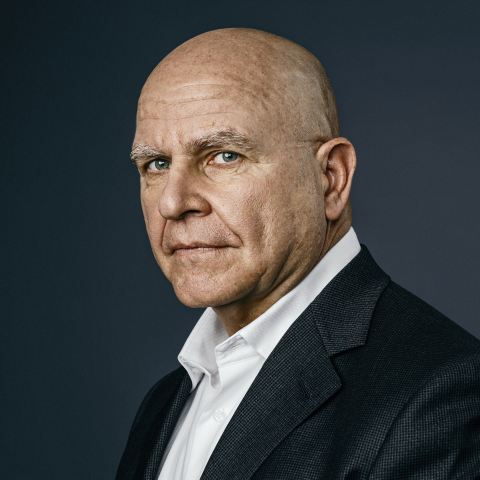Very few people leave a legacy that spans the globe. Shinzo Abe, the former prime minister of Japan, who was assassinated Friday, was one of them.
Abe was first elected to the Diet, Japan’s national Legislature, in 1993. He was Japan’s longest sitting prime minister, serving from 2006 to 2007 and from 2012 to 2020. While we send condolences to his friends and family, we might also resolve to honor Abe with our deeds, by preserving his legacy in the areas of foreign policy and international security.
As prime minister, Abe’s foreign and defense policies were aimed at making what his government termed a “proactive contribution” to international peace.
Abe confronted numerous foreign policy challenges during his tenure: North Korea’s nuclear and missile programs and its abductions of Japanese citizens, territorial disputes and the pursuit of a peace treaty with Russia, tensions with South Korea and an increasingly aggressive Chinese Communist Party.
In 2013, Abe established Japan’s National Security Secretariat (the equivalent of our National Security Council) and issued his nation’s first-ever National Security Strategy. In 2016, he enacted a 10-law package, the Legislation for Peace and Security, and steered the reinterpretation of Japan’s Constitution to expand the situations under which the country could exercise collective self-defense.
Abe also strengthened the Japan-U.S. alliance. He was the first Japanese leader to address a joint meeting of Congress, describing our nations’ relationship as an “alliance of hope.” He asked rhetorically, “What should we call this, if not a miracle of history? Enemies that had fought each other so fiercely have become friends bonded in spirit.”
Abe hosted President Obama’s visit to Hiroshima and made his own visit to Pearl Harbor. He maintained a close rapport with three U.S. presidents, but his golf diplomacy with President Trump, from Mar-a-Lago to Bedminster to Tokyo, received the most attention from the international press.
From my first day as national security advisor early in the Trump administration, it was clear to me that the “miracle” of the U.S.-Japan alliance was more important than ever, given the threats posed by North Korea and the People’s Republic of China to the principles and values foundational to peace and stability.
Abe was the first world leader to elaborate the vision of a free and open Indo-Pacific. He encouraged cooperation among the so-called Quad — Japan, the United States, Australia and India — to address emerging challenges in the region.
His government was a key player in promoting Indo-Pacific prosperity and security with the 2016 signing of the Trans-Pacific Partnership and the “Data Free Flow with Trust” initiative in 2019, establishing a global approach to digital data governance and security.
And Abe fostered cooperation among world leaders globally, hosting and leading G-7 and G-20 summits. He visited more than 80 countries, raising Japan’s profile on the international stage as a strong democratic nation at a time when the regimes of China and Russia were promoting their authoritarian models and disparaging democracy.
Abe’s leadership will be missed as the world faces the prospect of cascading crises: Russia’s war against Ukraine and the global energy and food disruptions it is causing, nuclear proliferation in Iran and North Korea, Chinese aggression in the South China Sea and the East China Sea.
A year ago, I spoke with Abe about his legacy and told him that he should be proud of the progress made to realize his vision in the Indo-Pacific region and beyond. But he directed the conversation toward what more is needed to preserve peace through strength, expand cooperation internationally, bolster the U.S.-Japan alliance and restore confidence in democratic governance and free markets.
Undertaking that agenda is the best way to honor Abe and build on his legacy. Now it is up to us.
H.R. McMaster, a senior fellow at the Hoover Institution, was national security advisor from 2017 to 2018. He is the Japan chair at the Hudson Institute and the author of “Battlegrounds: The Fight to Defend the Free World.”
Read in "Los Angeles Times":https://www.latimes.com/opinion/story/2022-07-08/shinzo-abe-legacy-japa…




















